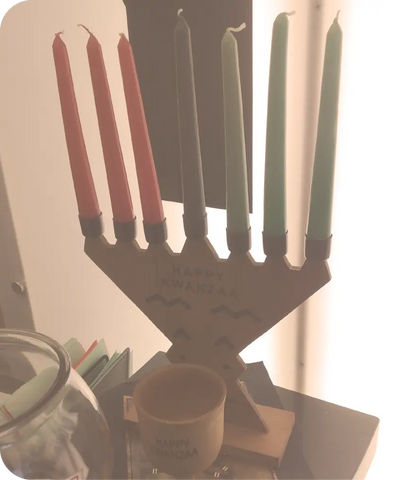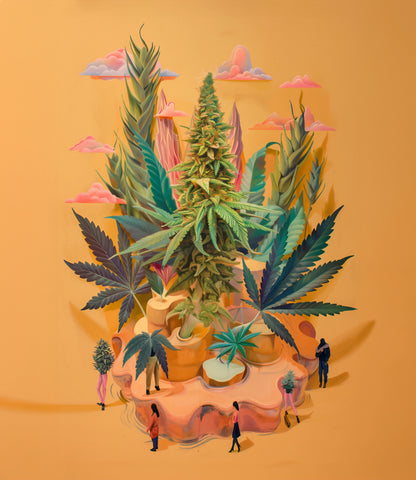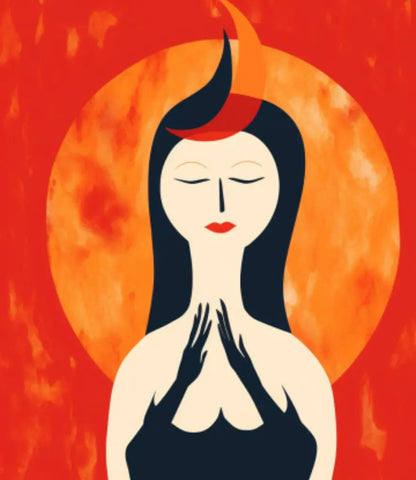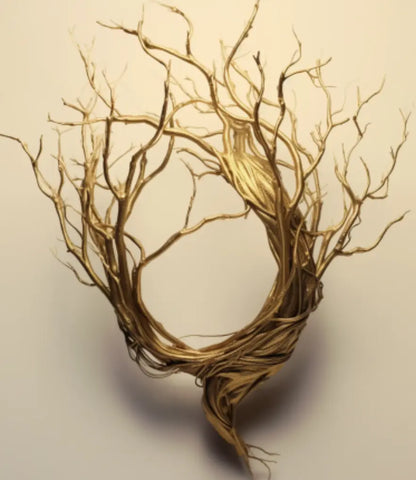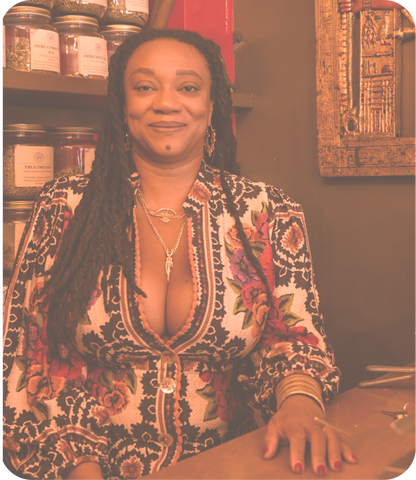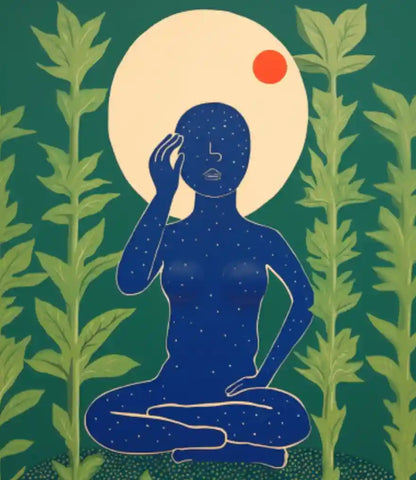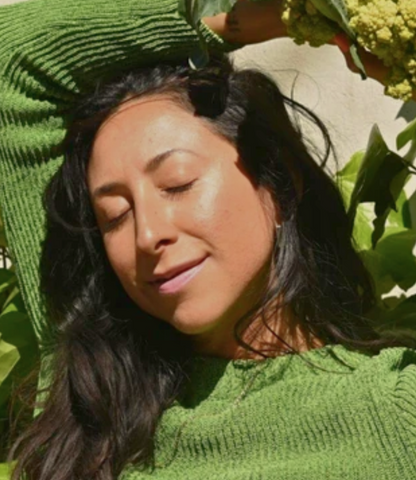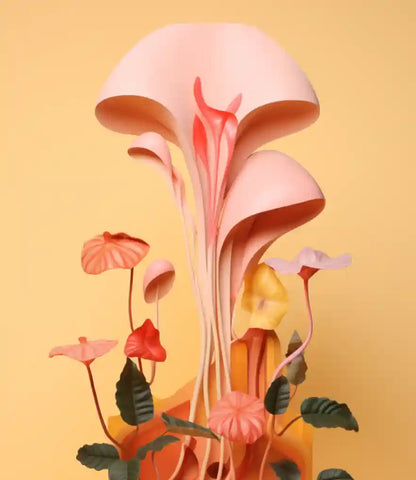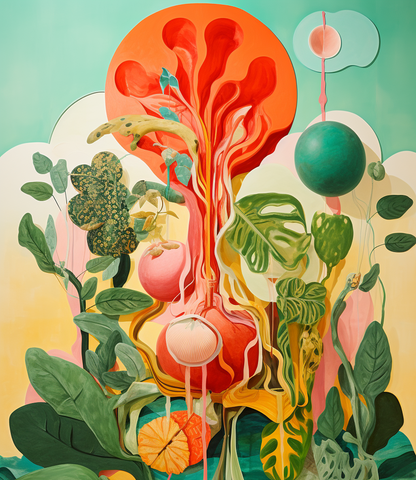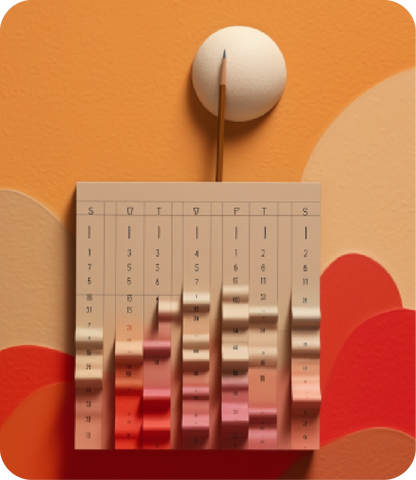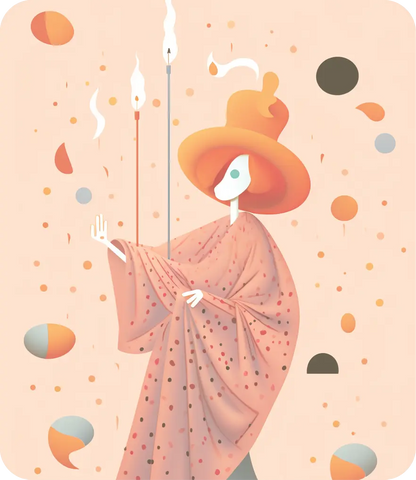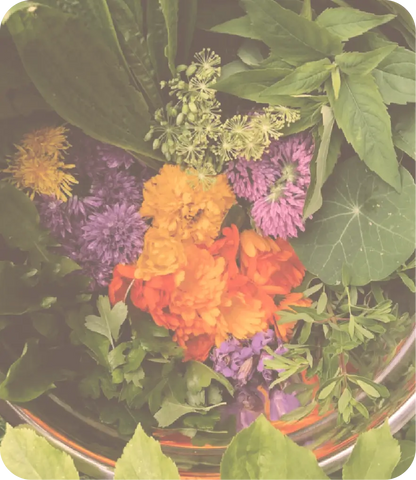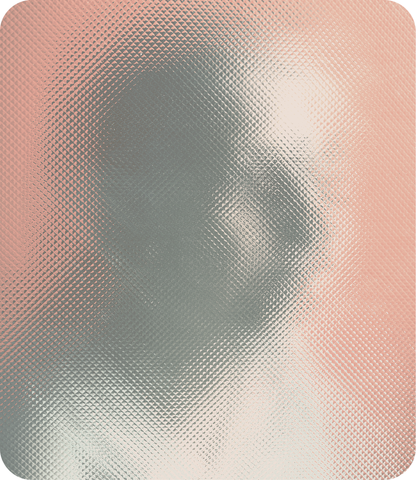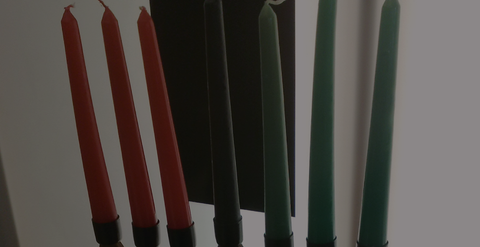
Celebrating the Pan-African Holiday Kwanzaa
Kwanzaa is an annual celebration of African-American culture that is held from December 26 to January 1. It was created by Maulana Karenga and based on African harvest festival traditions from various parts of Africa, including West and Southeast Africa. Kwanzaa was first celebrated in 1966.
There is a traditionally established way of celebrating Kwanzaa. First, you should come to the celebration with a profound respect for its values, symbols and practices and do nothing to violate its integrity, beauty and expansive meaning. Secondly, you should not mix the Kwanzaa holiday or its symbols, values and practice with any other culture. Thirdly, choose the best and most beautiful items to celebrate Kwanzaa. This means taking time to plan and select the most beautiful objects of art, colorful African cloth, fresh fruits and vegetables, etc. so that every object used represents African culture and your commitment to the holiday in the best of ways.
Symbols
The various symbols of Kwanzaa each carry their own meaning. They include:
- a Kinara (candle holder for seven candlesticks)
- Mishumaa Saba (seven candles)
- mazao (crops)
- Mahindi (corn), to represent the children celebrating.
- a Kikombe cha Umoja (unity cup) for commemorating and giving shukrani (thanks) to African Ancestors
- Zawadi (gifts)
The Principles
Kwanzaa celebrates what its founder called the seven principles of Kwanzaa, or Nguzo Saba (originally Nguzu Saba – the seven principles of African Heritage). They were developed in 1965, a year before Kwanzaa itself. These seven principles comprise Kawaida, a Swahili word meaning "common."
Each of the seven days of Kwanzaa is dedicated to one of the principles:
- Umoja (Unity): To strive for and to maintain unity in the family, community, nation, and race.
- Kujichagulia (Self-Determination): To define and name ourselves, as well as to create and speak for ourselves.
- Ujima (Collective Work and Responsibility): To build and maintain our community together and make our brothers' and sisters' problems our problems and to solve them together.
- Ujamaa (Cooperative economics): To build and maintain our own stores, shops, and other businesses and to profit from them together.
- Nia (Purpose): To make our collective vocation the building and developing of our community in order to restore our people to their traditional greatness.
- Kuumba (Creativity): To do always as much as we can, in the way we can, in order to leave our community more beautiful and beneficial than we inherited it.
- Imani (Faith): To believe with all our hearts in our people, our parents, our teachers, our leaders, and the righteousness and victory of our struggle.
